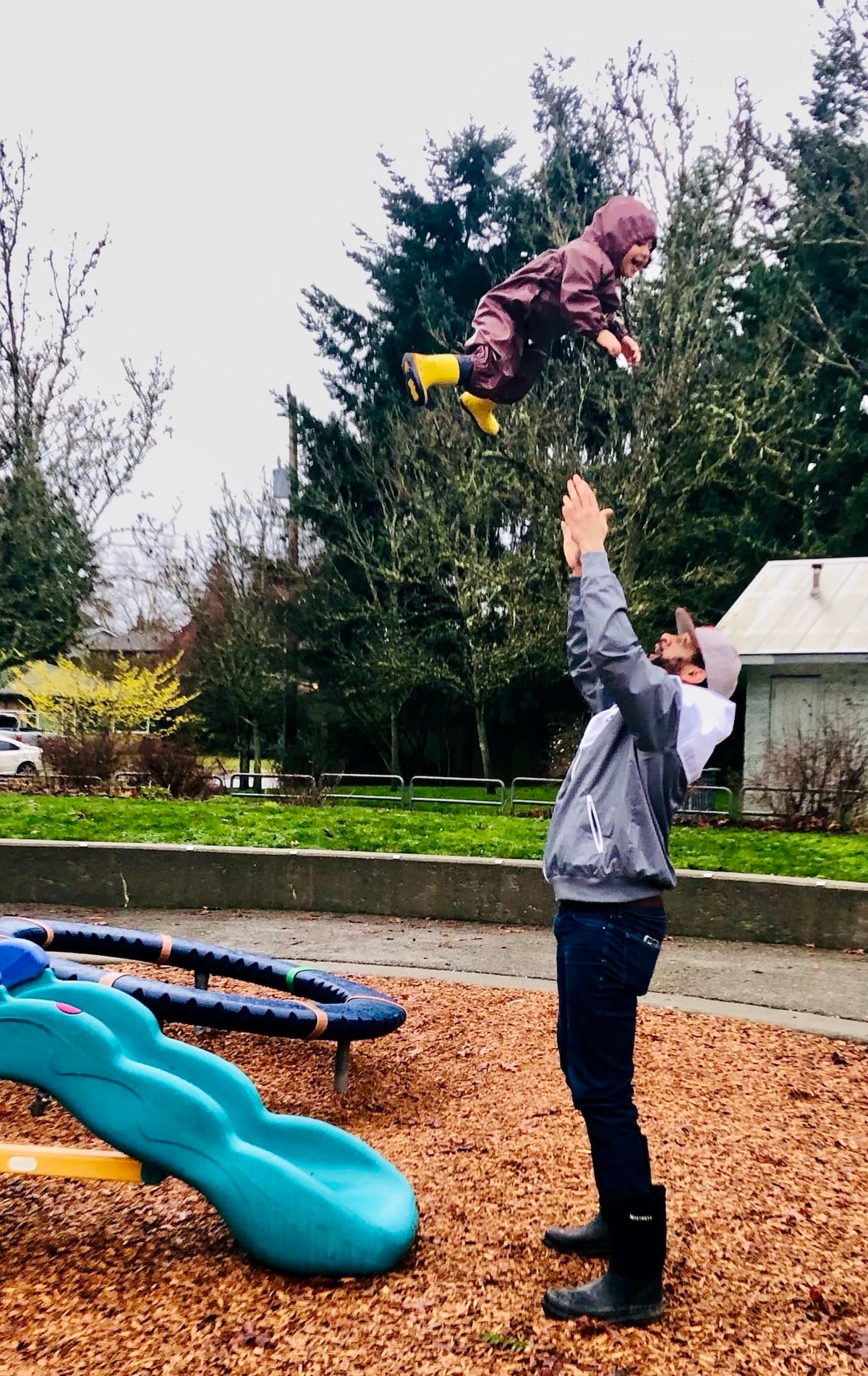Why DEIJ?

Why DEIJ is a Personal Value
If I'm being honest, I’m not a fan of traditional Diversity Equity Inclusion and Justice programs – which I define as the list of what you can and can’t say in the workplace. While this is important, I realize it never would have reached me at a time when I placed little value on diversity. What has impacted me and changed my perspective are personal relationships and stories of the discrimination others faced.
I’ll never forget a conversation I had with a gay friend of mine, who is white, where I first realized we had a lot more in common than we had differences. After telling me I didn’t “talk like a Black person,” I retorted that he didn’t “Talk like a gay person.” A round of hearty laughs ensued, which led to a conversation about the ways in which our identities were muffled by the church we attended and the pain it had caused us.
If we weren’t already friends, a comment like that might get posted on social media with hundreds of followers and friends informing each of us how offended we should be, further segregating ourselves from any productive conversation that revealed the parallels of our experiences. If it had been said at work (and we weren’t friends) we’d be reprimanded by HR and potentially sentenced to sensitivity training; only learning what we can or can’t say but never truly challenging our own stereotypes.
Lacking Identity
Growing up, my life was void of any dissection of what it meant to be Black. I didn’t grow up in a “Black community;” my father was Black and my mother is Jewish and Italian but they raised me in a conservative, evangelical Christian setting, void of any discussion about racial identity. My school and the churches I attended were also conservative-evangelical, subsequently my social circle was predominantly white.
Not knowing the larger Black struggle to which my life was connected led to internal conflict and lack of self esteem. While I didn’t experience spiteful racism, my racial identity was something I ignorantly allowed my white friends to define – not myself. When friends made racist comments about other Black people to me, I was told I shouldn’t be offended because I wasn’t like “those Black people.”
Self Respect = Respect for Others
Because I had little understanding of my own identity, I had little regard for anyone else’s. It wasn’t until I was required to take a cultural studies course in college, that I began thinking more discerningly about my own identity and that of others. Once I began, I couldn’t stop and sponged up everything I could about Black history and parallel social justice movements. A documentary we watched called “In Whose Honor” about the use of Native American mascots made me realize the hurt I likely caused by treating Indigenous identity like a mascot, bereft of any agency.
Unfortunately, my newfound consciousness and understanding was often met with resistance amongst the circles I’d grown up in. This resistance, along with understanding my connection to a larger narrative made me want to fight for the respect of others who had also experienced discrimination.
How does this relate to my professional journey, you ask?
Should DEIJ be a Professional Value?
Looking back, I realize how my ignorance didn’t stem from spitefulness but rather was shaped by the environment and culture I grew up in. This has given me a level of empathy that isn’t often found in our quick-to-cancel culture. Just as my youth – with no reflection on identity – led to disrespecting others’ and my own lack of self confidence, avoiding DEIJ work sows the same into the world. Likewise, keeping it as a separate, organizational cause makes it a fresh target for critics.
Diversity, equity, inclusion and justice factor into every facet of our lives and I believe the impact of organizations that operate from this understanding will reverberate for generations to come.
Why Does DEIJ Matter In Healthcare?
Healthcare organizations are in a unique position to operate through a DEIJ lens. Further, given our shared history, they bear a responsibility to do so.
Examples of systemic discrimination in healthcare:
Homosexuality treated as a mental illness
AMA Exclusion of Blacks and Women
History of race-based medicine
I believe the expansion of access to healthcare through advances in technology provides a rare window, in which we can significantly improve health outcomes and better understand the needs of people not traditionally served. However, we must do so with a critical eye, ensuring that inclusive representation is part of the creative process.
Where Do We Start?
- A humility that understands we all have privilege in some form and respects the humanity of those we work with before anything else.
- Intentional, equity-focused, partnerships with organizations committed to changing the landscape in our industry.
- Showcasing the humanity of those impacted by the legacies of institutional discrimination.
Meaningful Engagement
This is the DEI work that personally excites me: Going beyond a list of do’s and don’ts to create meaningful partnerships that improve the health of people just like you and I.